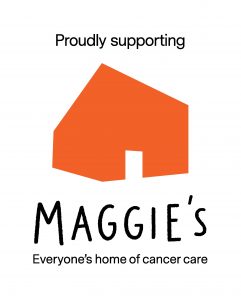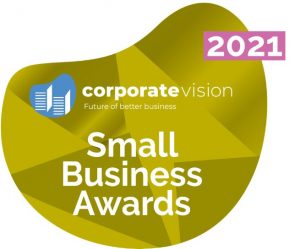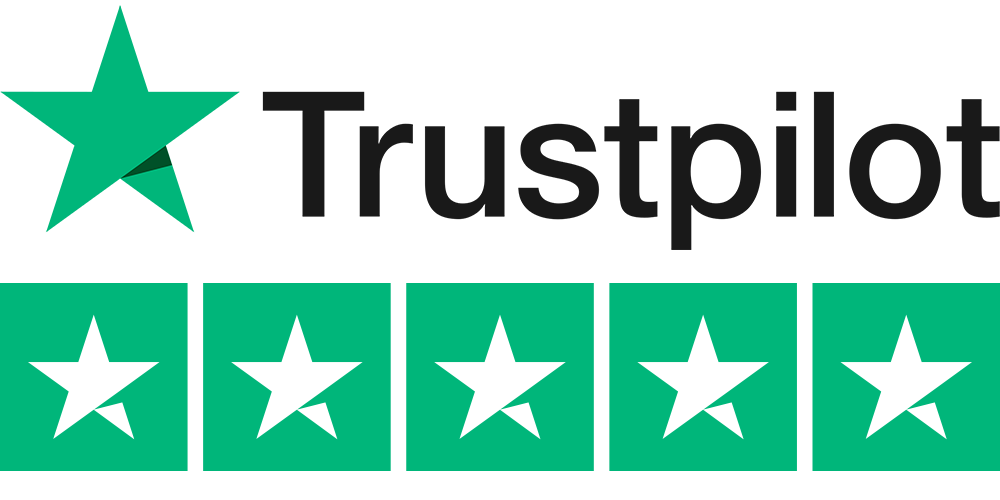Did you overspend at Christmas? It’s ok it happens. Despite writing two blogs about not overspending, one about Black Friday, and one about avoiding the Christmas debts, I myself have bought on Black Friday, in the January sales and overspent at Christmas. So this blog is as relevant to me as it is you, maybe more so.
Costs are still to be counted and some shops are still running their January sales and the credit card bills are yet to land. But it is estimated that the average British household spent £997 on Christmas with £291 being spent on the Christmas dinner. In fact the Supermarkets earnt £7.1bn in the two weeks ending 25 December, up 9.4% on last year and 14.5% on 2019.
The BBC highlights that Christmas spending on presents are down slightly, but more money was spent on food, drink and the festivities of Christmas. It appears that as a nation we were determined to have a good time with friends and family compared to the limited Christmas experience of 2020.
The question is, what to do now?
Focus on your budget:
If you overspent a little, it might be just managing until pay day. The solution may well be to avoid remaining January sales and to tighten the purse strings a little bit for one month. But, if your spending was a bit more than that and you are finding yourself in debt, there are other options.
#NospendJanuary:
The no spend January movement is picking up pace and even if you start now could save you money in the long run. The idea is simple, only spend money on the essentials. Nicola Richardson has been doing no spend January for five years and she only allows herself to spend money on the bills and the food shop.
The movement encourages people to eat the leftovers in their freezer from Christmas, quitting alcohol for a month and trying to keep track of no spend days. It also has the added benefit of stopping you signing up for that unused gym membership!
Go cardless:
A system I first heard about when I attended a Christians against poverty course. The go cardless system is a simple way of tracking your money. You withdraw a weekly or monthly amount and put the money into envelopes, some examples could be, shopping, petrol, clothes, eating out, miscellaneous. You choose the set up that works for you. What the envelope technique teaches is awareness of money. You see what you have left for the month in each envelope, and it teaches you to manage spending accordingly. This strategy moves us away from the tap and forget mentality that has grown over recent years.
Review your finances:
We won’t lie, this is time consuming and boring. But, it could save you a lot of money over the year. Reviewing your direct debits, your broadband, bills and other direct debit could save you hundred’s to thousands of pounds each year. One of the best ways to do it is to follows Martin Lewis’ money makeover challenge. Following through this guide will get you looking at all areas of your life and will give you practical advice on how to save money. And to save you a little bit of time, we recommend skipping about a quarter of the page down to step 2 and running through the list from there.
Learn from this year:
If you are like me planning ahead isn’t natural. But look at your credit card bill this month, (I know it is scary), look at where you spent your money. This will give you a good idea about where you are spending and you can save gradually over the year for next Christmas so that you have money saved to manage the Christmas cost, just don’t forget to save a little extra for inflation.
What if you are already in debt?
At the Debt Advice Service, we are well aware that this blog is only helpful to some of our readership. There are many reading this and around the country where Christmas is a horrible time. When you are in debt there is a lot of pressure to join in the festivities, to buy your children the nice presents and to spend on relatives. But if you don’t have the money there what do you do? If you are struggling with your debts then perhaps good money management will help, but if you are already past this step maybe you need to consider talking to us about the debt options available to you. Or you can call out team on 0800 254 5112





